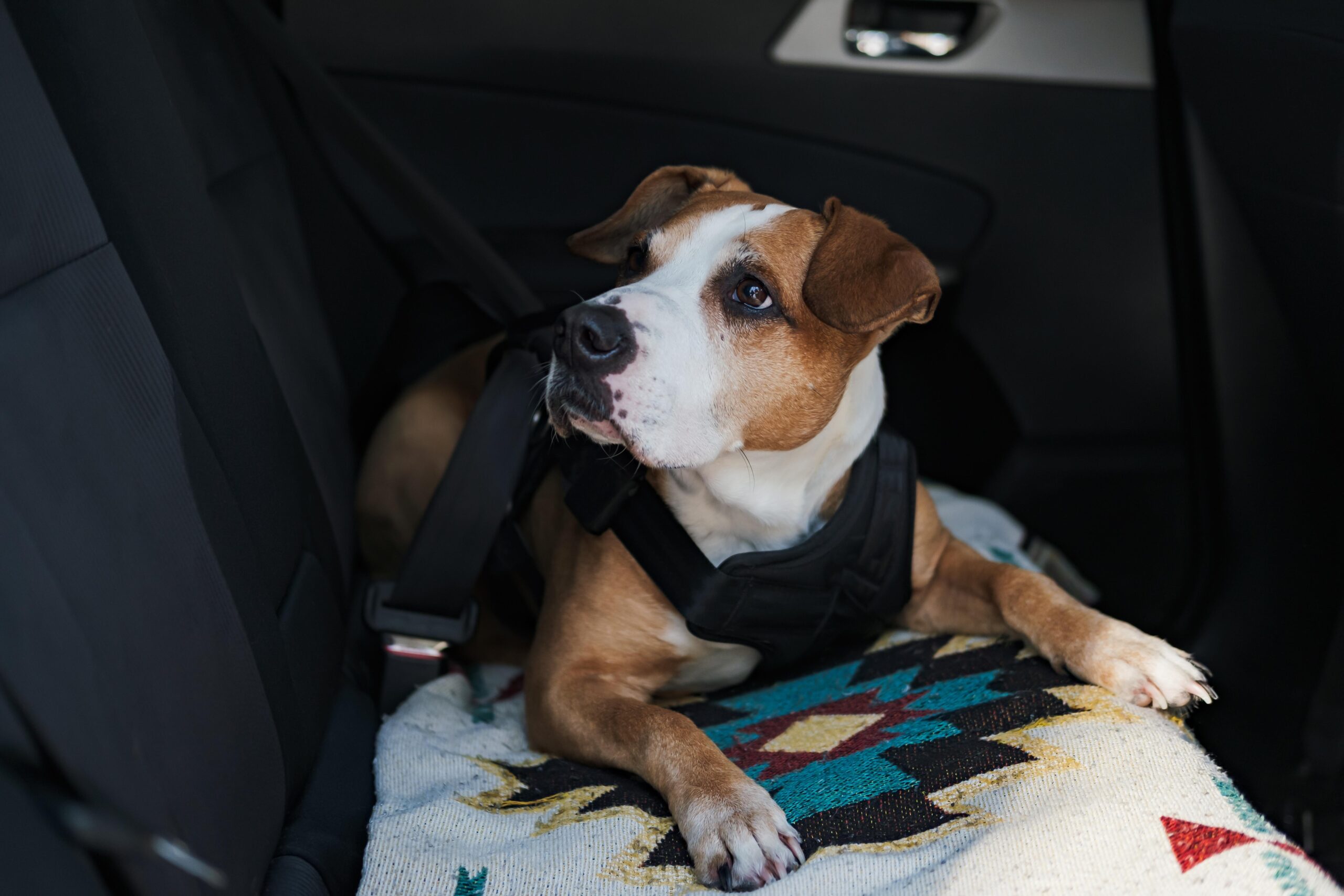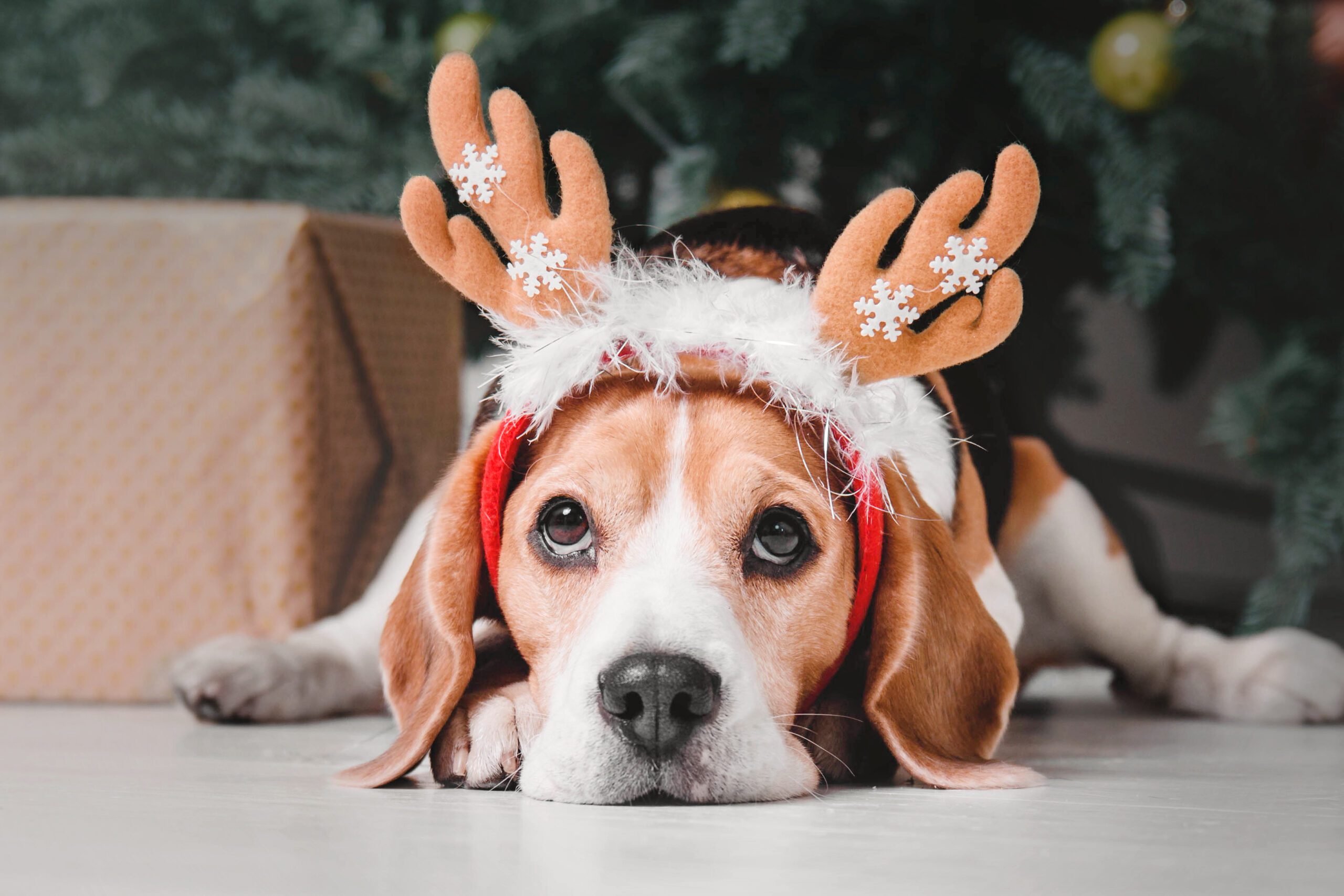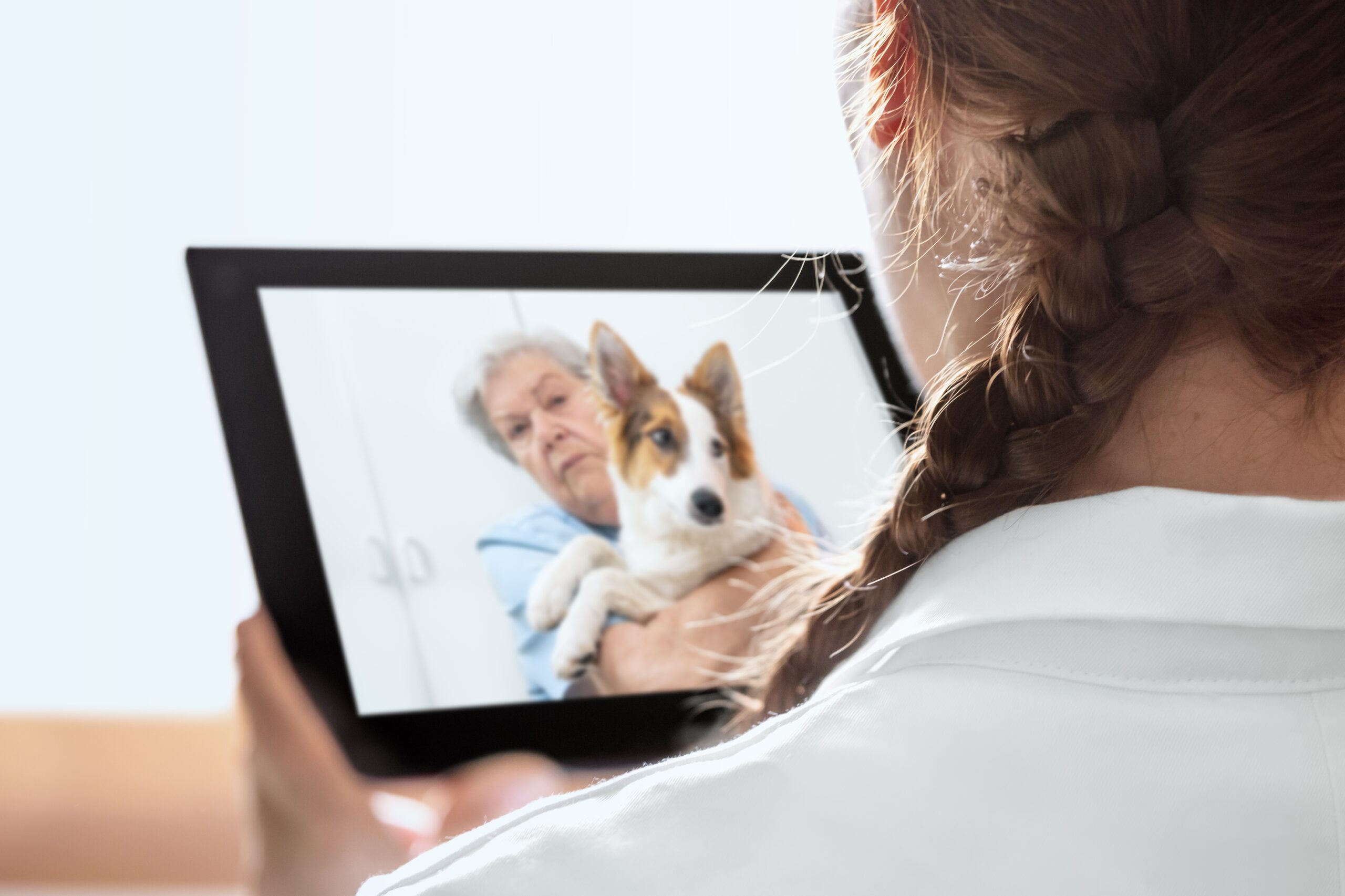Loss of appetite in Dogs
Dogs are usually hearty eaters and will sometimes beg, scavenge and overeat. Your dog may go off their food once in a while and it usually corrects itself fairly quickly. However, if this loss of appetite (anorexia) continues, or occurs suddenly then veterinary attention is required. It can often be a sign of illness and the sooner the cause is identified the quicker treatment can be given to prevent damage to the organs.
Signs of loss of appetite
- Picky with food
- Refusing to eat completely
- Inability to eat
Common causes of anorexia
- Disliking their food – one of the most common reasons for loss of appetite in dogs.
- Feeding too much – As a dog ages or their level of activity decreases a dog’s appetite will reduce too.
- Scavenging or being fed elsewhere -
- Too many treats – Take care that you’re not giving too many rewards or table scraps.
- Dental problems – Toothache or pain when eating can cause your dog to stop eating.
- Stress/environment – Generalised stress and anxiety can lead to anorexia.
- Illness – a wide variety of illnesses can cause loss of appetite
- Injury or trauma.
- Vaccinations – Occasionally they can make your dog feel slightly unwell for a short period of time. Your dog’s appetite should return to normal within a day or two.
Triage and Diagnosis of anorexia
If you are unsure about your dog’s loss of appetite, give one of the PetGP nurses a call for some expert advice. If we think the situation is serious, we will refer you to your vet.
Your vet will give your dog a full examination and take a full history from you. It will help the vet if you have observed your dog’s eating habits and any changes in the food, home or routine that have occurred. Your vet may want to perform a few tests, common ones include;
- Blood tests
- Urine tests
- Oral examination
- X-Rays may be necessary to check for abnormalities of the internal organs.
- Faecal examination to check for parasites.
Treatment of loss of appetite
Treatment will depend on the cause of loss of appetite. After identifying the underlying course your vet will make a treatment plan, offering supportive care and stimulating the appetite.
- Dental work – if the reason for not eating is due to dental pain then removing decayed teeth will most likely resolve the loss of appetite.
- Establishing a well-balance diet for your dog.
- Intravenous fluids and tube feeding may be required if your dog is severely anorexia
- Medication to treat any illness that may be the reason for your dog’s loss of appetite.
If you’re concerned that your dog has lost its appetite contact us and one of our highly qualified vet nurses will offer you expert advice on the issue.





